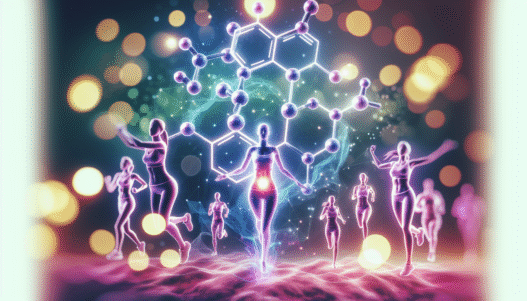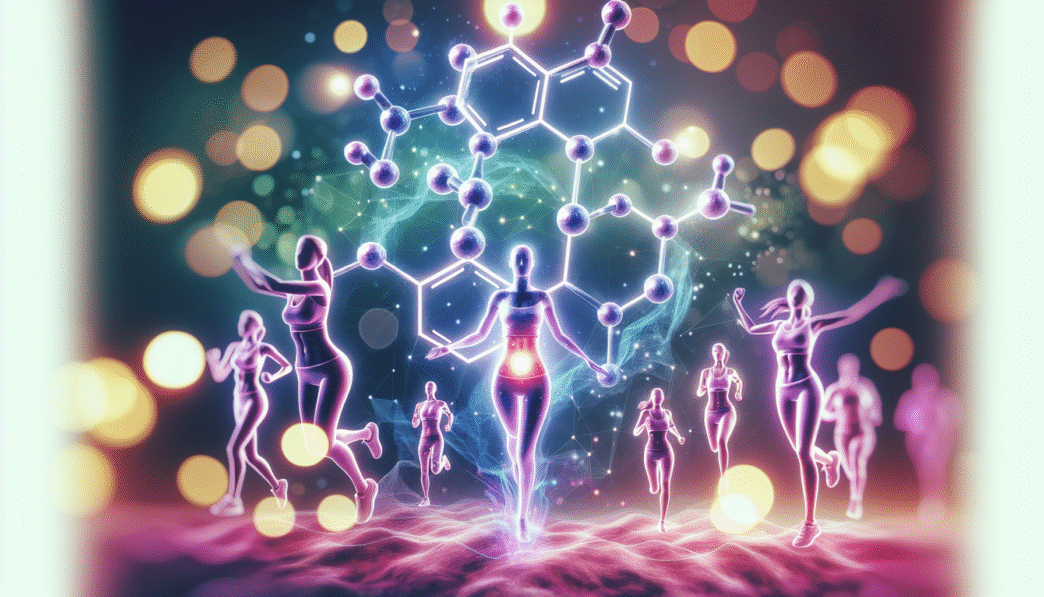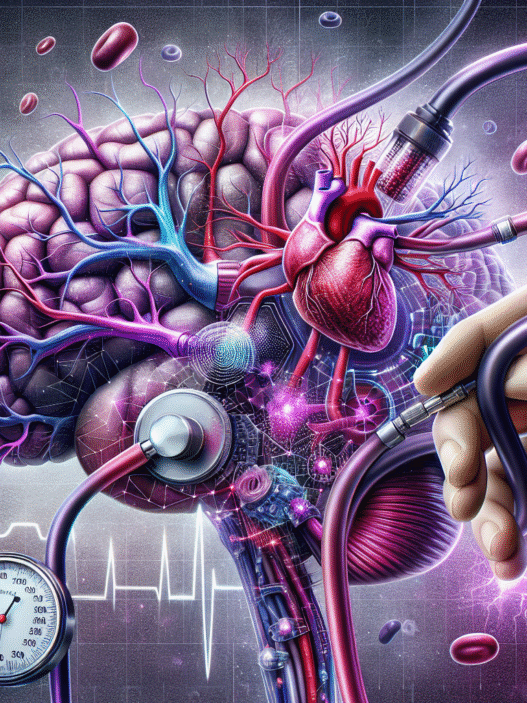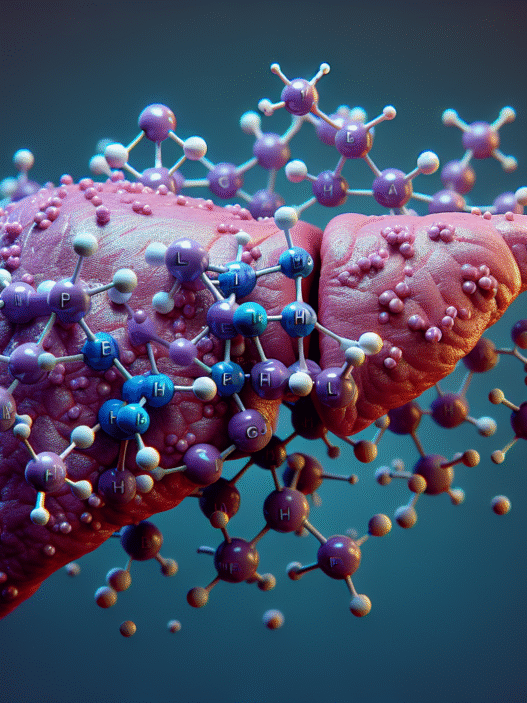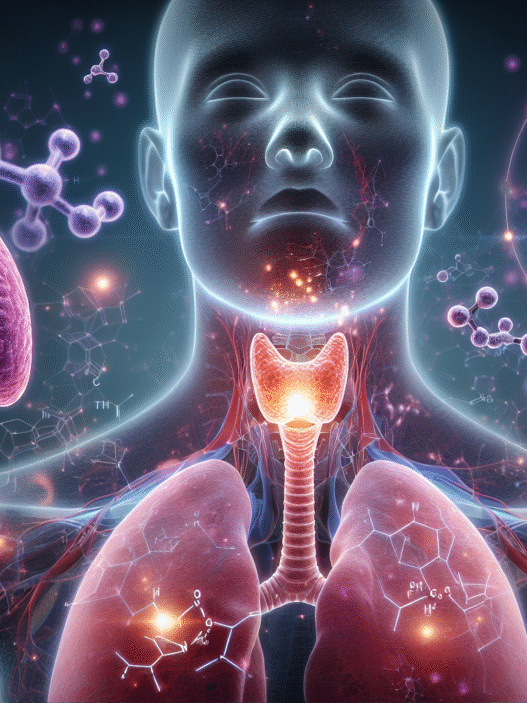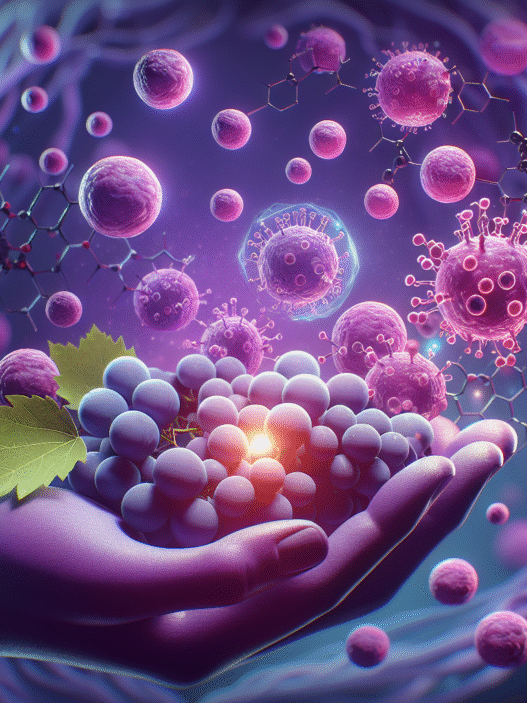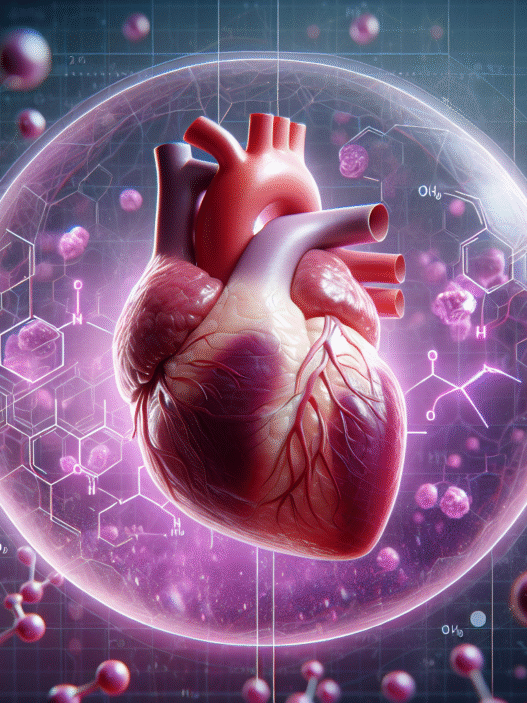Understanding Resveratrol
Introduction to Resveratrol
Resveratrol is a natural compound found in various plants, including grapes, berries, and peanuts. It is known for its antioxidant properties and has gained attention for its potential health benefits. Early research suggests that resveratrol might help protect against heart disease by reducing inflammation, lowering LDL cholesterol, and inhibiting clot formation that can lead to a heart attack (WebMD). Additionally, this compound appears to activate the SIRT1 gene, which is associated with protection against obesity and age-related diseases (WebMD).
Potential Health Benefits
Resveratrol is believed to have various health benefits that extend beyond heart health. Some of the key potential advantages include:
| Health Benefit | Description |
|---|---|
| Heart Health | May protect against cardiovascular disease by improving cholesterol levels and reducing inflammation. |
| Diabetes Prevention | Believed to help prevent insulin resistance, which can lead to diabetes. |
| Anti-Aging | Activation of the SIRT1 gene may contribute to longevity and protection against age-related diseases. |
| Weight Management | Some studies suggest that resveratrol may aid in weight management and fat reduction, making it a topic of interest for those asking, “does resveratrol burn belly fat?” |
While research continues to explore the full extent of resveratrol’s health benefits, its role in supporting metabolic health is particularly intriguing for those concerned about weight and overall wellness. For more insights, visit our page on what are the benefits of taking resveratrol?.
Natural health and holistic wellness seekers should consider incorporating resveratrol into their lifestyle while staying informed about its effects and safety. If you have questions about regular consumption, you can refer to our article on is it okay to take resveratrol every day?.
Resveratrol and Obesity
Impact on Weight Loss
Resveratrol has gained attention for its potential role in weight loss. Research indicates that it can positively impact body composition by decreasing factors such as weight, Body Mass Index (BMI), fat mass, and waist circumference. A randomized, double-blind, placebo-controlled clinical trial revealed that resveratrol significantly reduced the area under the curve of insulin and total insulin secretion in patients with metabolic syndrome (NCBI).
| Measurement | Result |
|---|---|
| Weight | Decrease |
| Body Mass Index (BMI) | Decrease |
| Fat Mass | Decrease |
| Waist Circumference | Decrease |
| Total Insulin Secretion | Decrease |
This indicates that resveratrol may aid in managing obesity by promoting healthier metabolic responses and enhancing fat loss.
Effect on Metabolic Health
Resveratrol also appears to improve metabolic health by addressing various physiological processes. In studies with rats exposed to a high-fat diet, resveratrol has been shown to reverse increased insulin resistance and improve insulin signaling. This is done through increased levels of SIRT1 mRNA and expression in the pancreas, reducing angiotensin II plasma levels (NCBI).
The compound also helps regulate leptin, a hormone involved in fat storage. Resveratrol can decrease blood leptin concentrations and enhance sensitivity to this hormone, which can play a critical role in managing body weight. Additionally, it increases lipolysis (the breakdown of fat) and thermogenesis in brown adipose tissue, demonstrating robust anti-obesity effects.
For those interested in natural strategies to complement resveratrol, studies have shown that magnesium supplementation can also help reduce belly fat and support overall metabolic health. This combination can be particularly beneficial for individuals seeking holistic approaches to weight management.
Resveratrol vs. Capsaicin
In the quest for effective weight management, both resveratrol and capsaicin have garnered attention for their potential roles in aiding fat loss. Understanding how these compounds work can help one determine their best options in their health journey.
Aiding in Weight Reduction
Resveratrol, found in red wine, berries, and grapes, has been studied for its multiple health benefits, particularly concerning obesity. While evidence suggests that resveratrol may support weight management, its effectiveness specifically related to burning belly fat is still being researched.
In contrast, capsaicin, the primary compound in chili peppers, shows significant promise in weight reduction. Studies indicate that dietary consumption of chili peppers and capsaicin can reduce body weight and exhibit potential anti-obesity effects. Capsaicin has been linked to sustained fat oxidation, increased energy expenditure, and enhanced fat burning (PMC). This compound also plays a role in appetite regulation by modifying energy intake, as dietary red pepper can suppress hunger and influence macronutrient consumption, leading to reduced overall calorie intake.
| Compound | Source | Effects on Weight Reduction |
|---|---|---|
| Resveratrol | Red wine, berries | Potential support for weight management |
| Capsaicin | Chili peppers | Sustained fat oxidation, increased energy expenditure |
Comparing Anti-Obesity Effects
Both resveratrol and capsaicin operate through different biological mechanisms, which contributes to their anti-obesity effects.
Resveratrol’s benefits may stem from its capability to regulate metabolism and reduce inflammation, which plays a crucial role in obesity-related issues. Its impact on fat cells and metabolic health suggests that it may help improve insulin sensitivity, thus influencing weight management.
On the other hand, capsaicin’s mechanism involves activating brown adipose tissue, inducing thermogenesis, which helps the body burn calories more efficiently. Research has shown that capsaicin can enhance energy expenditure and reduce appetite, making it an effective option for those seeking to control body weight (PMC).
| Effect | Resveratrol | Capsaicin |
|---|---|---|
| Increases fat oxidation | Moderate evidence | Strong evidence |
| Appetite suppression | Limited evidence | Strong evidence |
| Energy expenditure | Moderate potential | Strong evidence |
Both compounds exhibit beneficial properties for weight management; however, capsaicin appears to have more robust evidence supporting its efficacy in weight reduction. When considering the question, does resveratrol burn belly fat?, it may be prudent to also explore the potential of capsaicin as a complementary approach. Each compound presents unique advantages that can be leveraged for holistic weight management strategies.
Resveratrol Studies
The exploration of resveratrol as a potential aid in weight loss and metabolic health has led to a number of studies focusing on its effectiveness and biological impacts.
Human Trials and Findings
Research indicates that resveratrol may contribute positively to weight management. In several human trials, it has been shown to decrease key metrics related to obesity, including weight, body mass index (BMI), fat mass, and waist circumference. For instance, one study demonstrated significant reductions in the area under the curve of insulin and total insulin secretion among patients with metabolic syndrome (NCBI).
| Study | Participants | Key Findings |
|---|---|---|
| Study 1 | Patients with metabolic syndrome | Decreased weight, BMI, and fat mass |
| Study 2 | Obese individuals | Improvement in weight loss outcomes, but varying study designs made results hard to compare |
However, results regarding resveratrol’s effectiveness in weight loss can vary. The discrepancies in study designs and methodology contribute to challenges in drawing definitive conclusions about its efficacy.
Interpreting Study Results
While resveratrol has shown promise in studies, interpreting its role in fat reduction involves understanding various factors. One key point is that resveratrol seems to activate the SIRT1 gene, which is believed to protect against obesity and age-related diseases (WebMD). This action could explain part of the mechanism behind its weight loss benefits.
It is also noted that resveratrol exhibits concentration-dependent effects, meaning that its impact may shift based on the amount consumed. High concentrations have been associated with cytotoxicity, potentially inhibiting cell proliferation and inducing cell death. This dual role requires careful consideration when evaluating its use for weight management (NCBI).
These findings suggest that while resveratrol may assist in fat loss, it is essential to look at individual study designs and results critically. For those interested in learning more about the benefits of resveratrol, visit our article on what are the benefits of taking resveratrol? or explore whether is it okay to take resveratrol every day?.
Resveratrol Safety
As more individuals explore the potential benefits of resveratrol, understanding its safety profile is essential. This section discusses toxicity concerns and how resveratrol interacts with various medications.
Toxicity Concerns
Research on the toxicity of resveratrol is still limited. Some reports have indicated that adverse effects may arise from resveratrol consumption, highlighting the need for further studies on the long-term and in vivo effects of resveratrol supplementation in humans.
Resveratrol exhibits biphasic dose-dependent effects: at low concentrations, it acts as an antioxidant protecting against DNA damage and oxidative stress, while at high concentrations, it can act as a pro-oxidant, which may promote DNA damage and increase oxidative stress.
| Concentration Level | Effect |
|---|---|
| Low | Antioxidant, protects against DNA damage |
| High | Pro-oxidant, promotes DNA damage |
In various studies, high concentrations of resveratrol have been shown to inhibit cell proliferation and induce cytotoxicity in both cancerous and healthy cells. As such, individuals should be cautious and consult healthcare professionals before starting resveratrol supplementation.
Interaction with Medications
Resveratrol is known to interact with and may affect the efficacy of other medications. Research indicates that it can indirectly interact with various pharmaceuticals, possibly leading to the attenuation of drug activity. One of the notable interactions involves the CYP3A4 enzyme, which plays a critical role in the metabolism of numerous drugs. Resveratrol has been found to inhibit the activity of this enzyme, which could influence the bioavailability of certain medications.
| Interaction Type | Description |
|---|---|
| CYP3A4 Inhibition | Can affect the metabolism and efficacy of various medications |
Those considering resveratrol supplements should be mindful of these interactions, particularly if they are on prescription medications. It is advisable to consult healthcare providers about potential conflicts, ensuring safe integration of resveratrol into a wellness regimen.
For additional information on possible resveratrol interactions with medications, explore what should I not take resveratrol with?. Understanding these safety aspects is crucial for anyone looking to incorporate resveratrol into their health routine.
Complementary Solutions
In the journey of understanding whether does resveratrol burn belly fat?, it’s essential to consider complementary solutions that may aid in overall fat reduction and metabolic health. Two significant components are magnesium and certain vitamins known for their effect on belly fat.
Magnesium for Belly Fat
Magnesium plays a crucial role in various bodily functions, including metabolism. Studies indicate that magnesium supplementation can help reduce belly fat storage. It does this by modulating cortisol levels and influencing metabolic pathways involved in fat distribution. The recommended dosage for effective results is between 200-400 mg/day of magnesium citrate as part of a balanced diet and exercise regimen.
| Magnesium Supplementation | Amount (mg/day) | Potential Impact |
|---|---|---|
| Low Dose | 200 | Possible reduction in abdominal fat |
| Recommended Dose | 300 | Improved metabolic pathways |
| High Dose | 400 | Enhanced fat distribution management |
Influence of Vitamins on Fat Reduction
Research suggests that several vitamins, including vitamins C, D, calcium, and magnesium, influence how fat breaks down and its distribution, particularly in the abdominal region. Adequate intake of these micronutrients supports fat burning while minimizing belly fat accumulation (The Independent Pharmacy). Here’s a look at some of these vitamins and their roles:
| Vitamin | Benefits for Fat Reduction |
|---|---|
| Vitamin C | Aids in fat metabolism and regulates cortisol |
| Vitamin D | Supports overall metabolism; deficiency linked to weight gain |
| Calcium | May influence fat storage and breakdown |
| Magnesium | Helps regulate body weight; linked to reduced belly fat |
Complementing a regimen with these vitamins and magnesium could enhance the effectiveness of resveratrol. For a deeper insight into the benefits of resveratrol and its potential impact on health, refer to our article on what are the benefits of taking resveratrol?.










